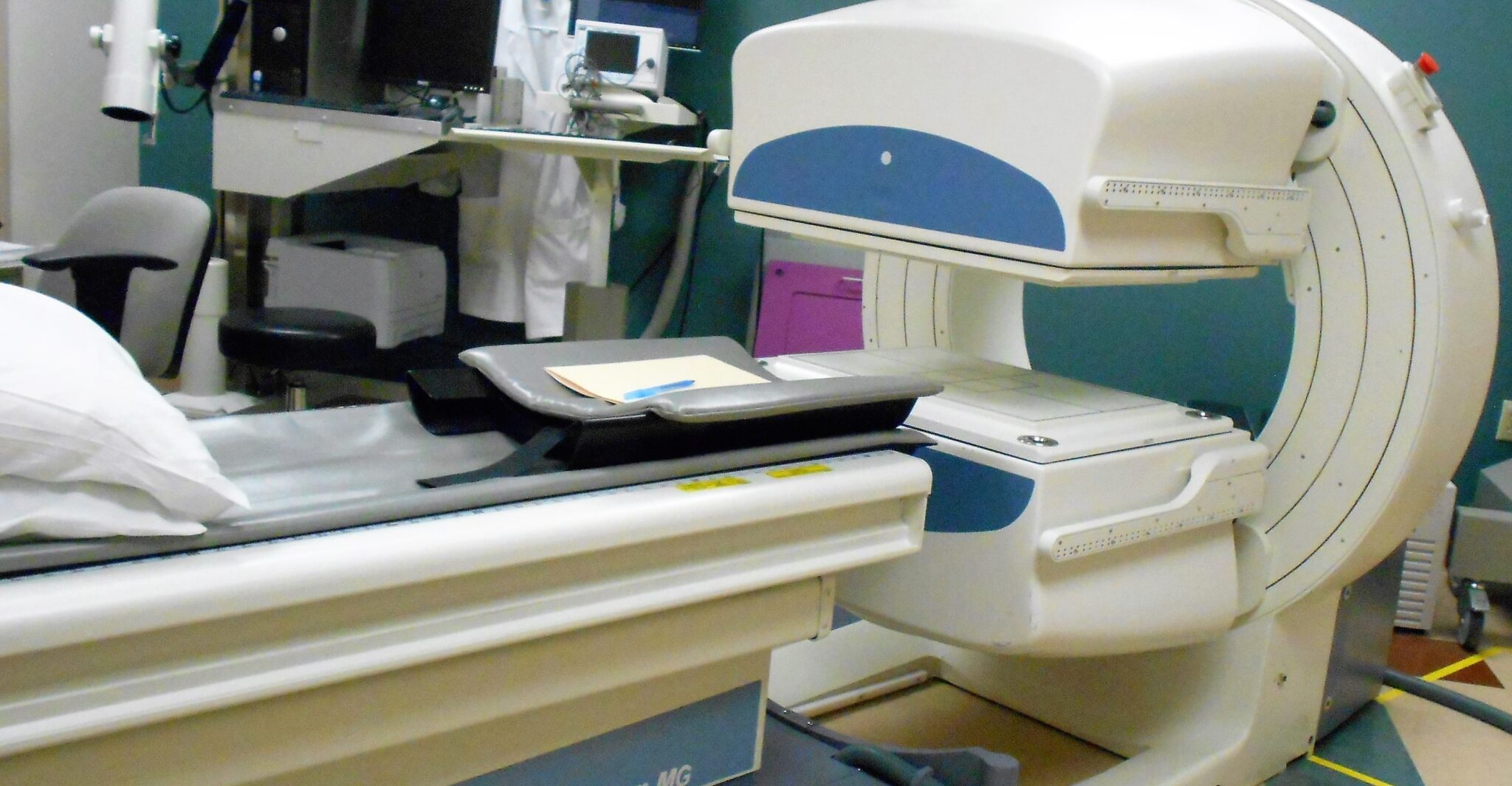
You’ve probably winced at the thought of a biopsy needle or surgical probe. But what if cutting isn’t the only way to diagnose? Enter non-invasive imaging—a realm where light, sound, and magnetism reveal secrets beneath the skin. At www.turkishdoctor.ae, we’ve tracked how these technologies are reshaping Turkish healthcare, from Istanbul’s high-tech hospitals to rural clinics. Let’s explore how invisible waves are rewriting medical playbooks.
From X-Rays to AI: A Century of Seeing the Unseen
In 1895, Wilhelm Röntgen’s X-rays stunned the world. By the 1950s, Turkey’s first X-ray unit hummed in Istanbul’s Cerrahpaşa Hospital. Today, AI-powered MRI scanners in Ankara detect tumors smaller than a sesame seed. The leap? Non-invasive tech now captures cellular metabolism, blood flow, even emotional brain activity. Did you know Türkiye conducts over 12 million MRIs yearly? That’s one scan every 2.5 seconds.
How Ultrasound Became Turkey’s Diagnostic Workhorse
Walk into any state hospital in Izmir, and you’ll find ultrasound machines buzzing. Why? They’re affordable (as low as ₺150 per scan) and radiation-free. Turkish radiologists use them for everything from liver fibrosis staging to guiding fetal surgeries. A little-known fact: Türkiye trains over 3,000 sonographers annually, many mastering portable devices for mountain villages. Pro tip: For a contrast-enhanced ultrasound, head to Ankara’s Güven Hospital—their liver lesion detection accuracy rivals biopsies.
MRI’s Quiet Revolution in Early Cancer Detection
Forget invasive colonoscopies. In Istanbul’s Acıbadem Hospital, 3T MRI scanners spot colorectal tumors at stage 0 with 94% accuracy. The trick? Diffusion-weighted imaging tracks water molecule movement in tissues. But there’s a catch: A full-body MRI in Türkiye costs ₺4,000-₺8,000—steep for many. Yet, clinics like Medipol Mega offer installment plans. Fun fact: Türkiye’s first MRI was installed in 1987 at Hacettepe University. Today, 450+ machines operate nationwide.
CT Scans: Balancing Speed and Radiation Risks
A CT scan in Istanbul takes 90 seconds. But each session delivers 2-10 mSv radiation—equivalent to 100 chest X-rays. Turkish hospitals counter this with iterative reconstruction algorithms, slashing doses by 60%. For cardiac imaging, Ankara’s Türkiye Yüksek İhtisas Hospital uses 640-slice CTs to map coronary arteries in a heartbeat. Did you know? Türkiye’s radiation exposure rates are 30% below the EU average, thanks to strict TAEK (Atomic Energy Authority) protocols.
PET-CT: Where Molecular Meets Visual
In Izmir’s Kent Hospital, FDG-PET scans light up cancer cells like Christmas trees. The glucose tracer reveals metabolic hotspots, while CT pinpoints their location. A full-body PET-CT here costs ₺12,000—half the U.S. price. But timing matters: Diabetic patients must stabilize blood sugar first. Insider tip: For neuroendocrine tumors, ask about Ga-68 DOTATATE PET at Istanbul’s Memorial Şişli—it’s 40% more sensitive than standard scans.
Thermal Imaging: Turkey’s Underrated Gem
In Bursa’s rheumatology clinics, digital infrared thermography detects inflammation without a single touch. It’s cheaper (₺500) and safer for pregnant women. The catch? Room temperature must be 20-22°C—a challenge in summer. Still, studies at Ege University show 89% accuracy in diagnosing Raynaud’s disease. For athletes, Istanbul’s Fitwell Center uses thermal cams to spot muscle tears before pain strikes.
Optical Coherence Tomography: Eyeing the Invisible
At Ankara’s Dünyagöz Hospital, OCT machines map retinal layers in microns. Why does it matter? Glaucoma damages nerves before vision fades. Türkiye performs 200,000 OCT scans yearly, often bundled with checkups for ₺800. For diabetics, this tech spots edema 6 months earlier than fluorescein angiography. Pro tip: Pair OCT with corneal topography at Istanbul’s Beyoğlu Eye Clinic to screen for keratoconus in teens.
Functional MRI: Reading the Mind’s Riddles
Inside İzmir University’s neuroscience lab, fMRI tracks depression by monitoring blood flow in the subgenual cingulate. It’s non-invasive but pricey (₺6,000/session). Still, Türkiye leads MENA in fMRI research, with 23 active studies on Alzheimer’s. For epilepsy, Istanbul’s Florence Nightingale Hospital uses fMRI to pinpoint seizure foci, avoiding invasive EEG grids. Did you know? fMRI revealed Turks process coffee cravings in the insula cortex—20% faster than tea drinkers!
The Rise of AI: Radiology’s New Co-Pilot
At www.turkishdoctor.ae, we’ve seen AI tools like DeepRadiology cut MRI interpretation time by 40%. In Cappadocia’s rural clinics, AI algorithms flag fractures on X-rays, backed by Istanbul radiologists via the MEDULA system. But beware: AI can miss rare tumors, so human eyes remain crucial. For lung cancer screening, Koç University’s AI model analyzes CT slices with 97% accuracy—training on 50,000 Turkish patient scans.
Costs and Realities: Navigating Türkiye’s Imaging Landscape
A private MRI in Istanbul costs ₺3,500 vs. ₺1,200 in Ankara’s state hospitals. Why the gap? Private centers use newer 3T machines and offer weekend slots. For uninsured patients, consider university hospitals like Ege—their sliding scales cut fees by 70%. Warning: Avoid “instant result” clinics; proper analysis takes 24-48 hours. Fun fact: Türkiye’s medical imaging market will hit $1.2 billion by 2025, driven by local giants like Esaote and Siemens Healthineers.
Future Frontiers: What’s Next for Non-Invasive Tech?
Turkish researchers at TÜBİTAK are testing nanoparticle-enhanced MRI for early Alzheimer’s. Another project? Hyperspectral imaging to detect skin cancers via smartphone cameras. Meanwhile, Ankara’s Biyogen Labs is developing a wearable PET scanner—no claustrophobic tubes. As www.turkishdoctor.ae predicts, the next decade will blur lines between scanning and sensing, all without breaking the skin.
Your Action Plan: Smart Imaging Choices in Türkiye
- Screen smart: Start with ultrasound or X-ray; escalate only if needed.
- Timing matters: Schedule MRIs early morning—machines are best calibrated.
- Ask about AI: Many Istanbul clinics now include AI analysis for free.
- Check credentials: Ensure radiologists are TÜRK RADYOLOJİ DERNEĞİ-certified.
- Go public for rare cases: State hospitals handle complex scans better.
Final Thought
As you walk out of a scan room in Antalya or Erzurum, remember: Those glowing screens hold more than images. They’re snapshots of life’s fragility and science’s triumphs. And with each innovation, from Röntgen’s ghostly handprints to AI’s silent calculations, we inch closer to medicine’s oldest dream—healing without harm.

 then "Add to Home Screen"
then "Add to Home Screen"